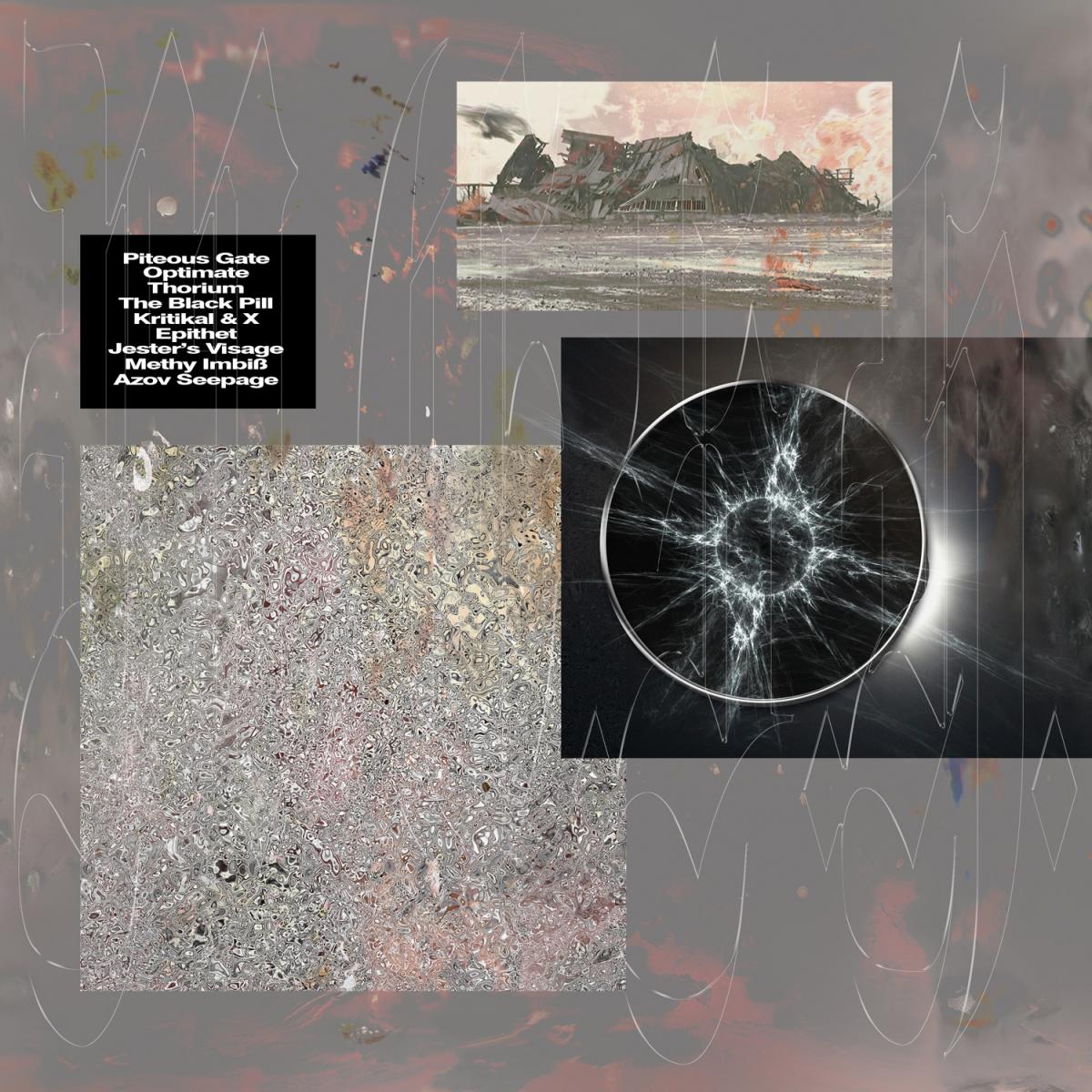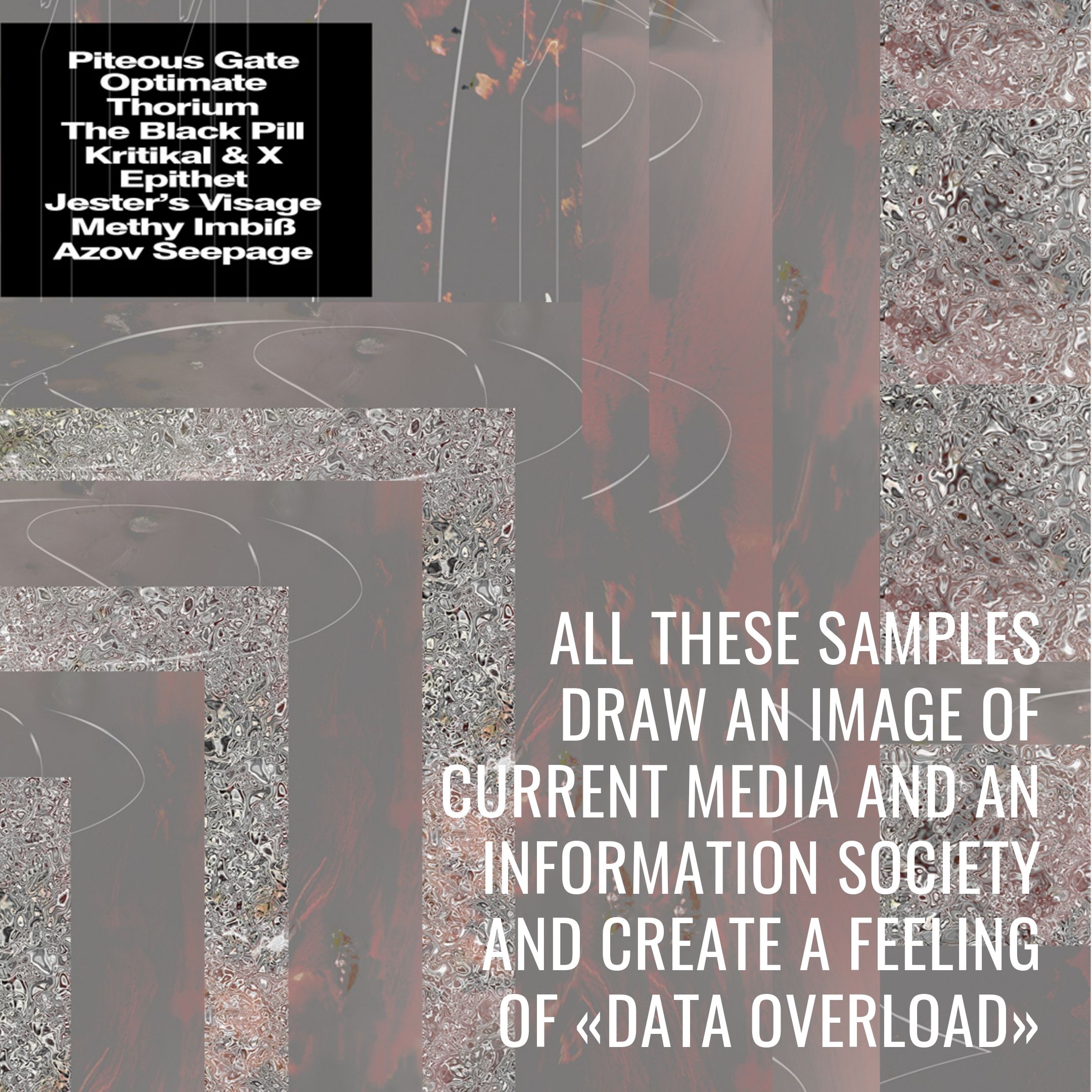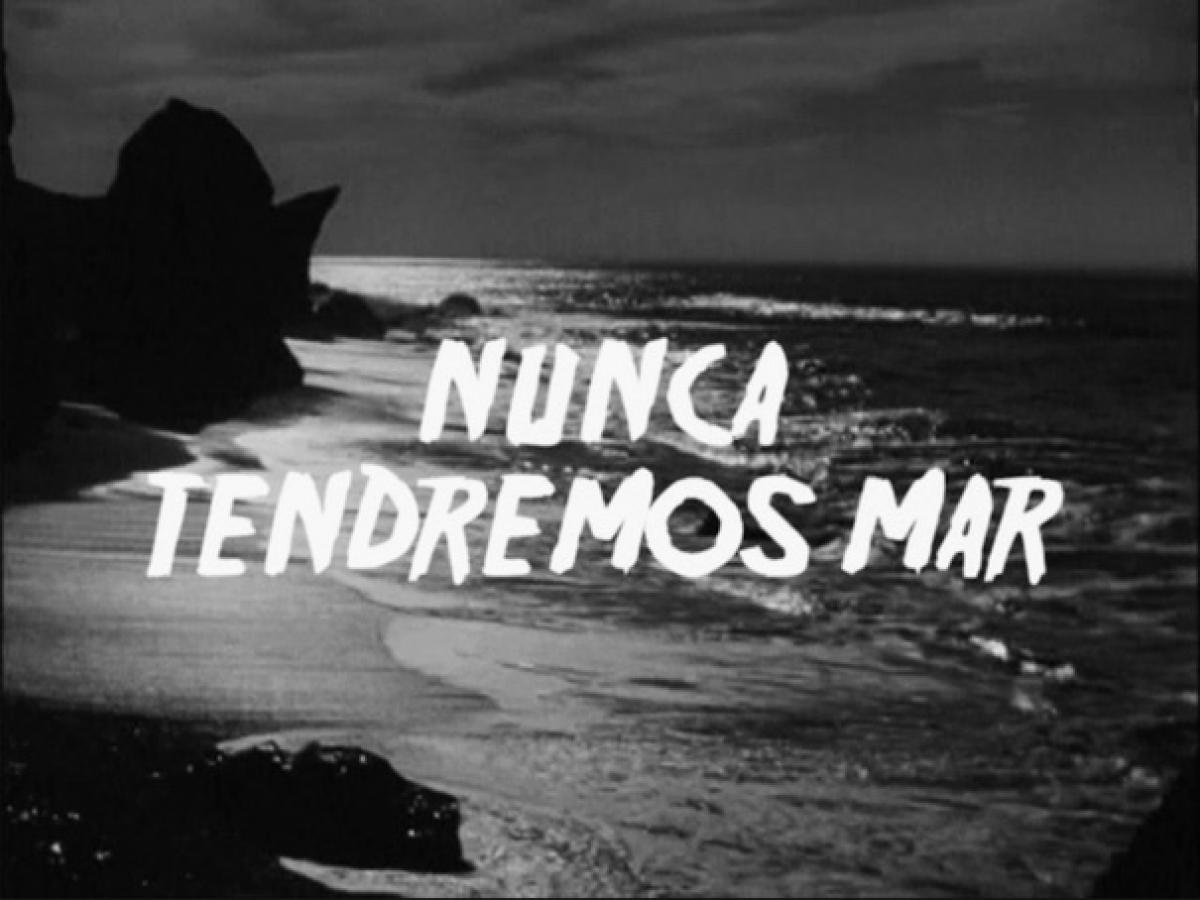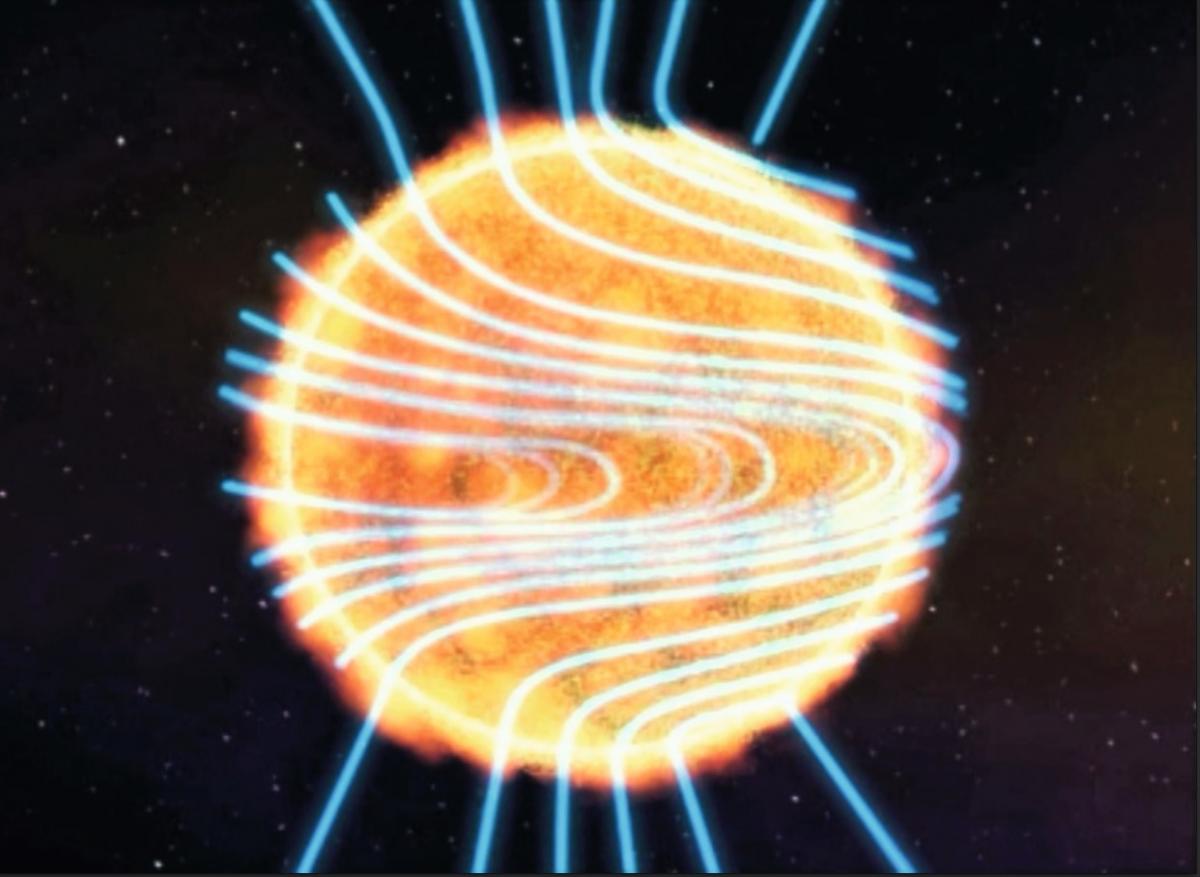
Sampling Stories Vol. 4: M.E.S.H.
In times of constantly bubbling news tickers that long ago stopped covering sport events only, Berlin-based James Whipple aka M.E.S.H. has produced an LP that deals with the resultant feeling of data and information overload. Produced in winter 2014/15 during the civil war in the Eastern Ukraine, Whipple was confronted with one of the first wars to be followed on the news, social media, and through Internet forums instantly and in detail. What emerged is a LP full of references to pop culture and politics. Here is an attempt to interpret at least one of them.
A Reaction to the Political Darkness
Leaving the dance floor behind – his usual surrounding area –, in Piteous Gate M.E.S.H. explores seemingly different but still connected sonic worlds, characterized by flourishing synthesizers and quite a bundle of samples. Against the background of the geopolitical maneuverings of winter 2014/15 outlined above, Whipple produced a reaction to the – in his own words – «political darkness» of the time, «through a mythic-historical lens, probing this unconscious pulp dreamworld of fragmentation and collective nationalist fantasias with a sound palette situated between high end science fiction film and a virtual baroque salon» (via Email).
When focussing on the processed samples this multi-referential approach becomes obvious: Starting with cinematic sounds from online libraries, compiled for Hollywood studios to edit film trailers («Piteous Gate», «Optimate»), over the sound of a theorbo, a European renaissance lute («Thorium», «The Black Pill», or «Jester's Visage»), to field recordings from Whipples environment or YouTube (e.g. «Epithet»), to an aural battle between two Counterstrike players, taken from a YouTube video («Kritikal & X»), and finally ending with a once again YouTube taken sound of a militia firing mortars in Eastern Ukraine («Methy Imbiß»). Indeed, all these samples in their entirety draw an image of current media and an information society and create a feeling of «data overload».
Constantly Archiving
Listening to the tracks and considering this rich list of processed samples, Whipple's workflow is elusive. «My production process is so different from track to track», he agrees when talking on Skype. Most of the samples he takes from his own apparently huge archive of collected web media. He uses bookmark platforms (such as are.na) and favorite lists to collect links, sound platforms to save playlists, and huge folders on his computer to collect files of pictures, sounds, and videos. «I'm constantly archiving while I'm online», he says. Especially regarding the hunt for appropriate field recordings he is following an interesting strategy:
«Sometimes I'm just typing in to YouTube like ‹rainstorm› over an hour long or something like that or I'm searching by camera model to make that I got high quality sound – the SLR cameras take pretty nice sound. So you can search and try to find people like personal videos where there is no speaking, you can get some really nice environmental sound, where people are just testing up their cameras, going to nature, going to the city or something like that. But it's difficult to find the clean kind of usable tracks this way but it's really satisfying if you can find them.»
Shakespeare Plays Counterstrike
To focus on one of the LP's samples, I've chosen a track ordered in the middle of the album: track No. 5 «Kritikal & X». At the same time, the track is one of only two voice samples on the LP, though undoubtedly the most important (one more appears in «Epithet»). In the source video of the sample the two Counterstrike players Hamza «X» Mahmood and Luke «KritikaL» Green are interviewed by a moderator from the Electronic Sports League Television ESL TV. The interview turns into a slugfest between KritikaL and X. (M.E.S.H. sampled the part between 0:52 and 1:24.)
[Hannes Liechti]: What made you choose this sample?
[James Whipple]: This kind of wounded male machismo you can feel in the video resonated with me in some way. The scene reminded me of a Shakespeare play, when the ruffians of the city are arguing or getting into a fight with each other and it fit into this kind of street scene I had in mind when producing the track. The sample also relates to what was going on around me socially: at the time a lot of friends who are producers had been beefing with each other, especially people in the grime scene. There is definitely a tongue-in-cheek aspect to it: two guys beefing with each other but actually it's kind of ridiculous. But that's kind of an inside joke.
[HL]: How did you process the sample?
[JW]: The track is driven by only one effect. There are a couple of synthesizers, this long sample and a some environmental noises. The synthesizers are playing these melodic lines. Then I basically just used a phaser effect with a really harsh detune on it. I put it on the master channel so it effects all the melodic elements and the sample equally. The entire track is sort of detuning and switches key, and then it detunes in a different direction. For me that really aligned everything and it kind of brought together the sample and the melodic lines.
[HL]: As you told me, for you the key thing to this sample is the argument. It reminded you to a Shakespeare-like scene, what connects the track with the renaissance sounds in «The Black Pill» and «Jester's Visage» before and after «Kritikal & X» in the LP's tracklist. How important is the original context of the sample: two Counterstrike gamers being interviewed before a game?
[JW]: In the context of the track it's not really apparent that those are gamers. And I mean the track is not really explicitly about what the sample is about. I do not reference the people that are in the sample.
After talking with M.E.S.H. on «Kritikal & X» the track reminded me – also due to its short length and the prominence of the sample – in the context of the whole LP as a kind of a skit or interlude. The central meaning of the sample and the argument, bring kind of an aggressive feeling into the LP and resonates well with what Whipple described above as «political darkness» as a background feeling when writing the album. In this track, sampling has been used to bring in a desired atmosphere or feeling and to construct meaning in form and content. Whipple for his part defends himself in interpreting the meaning of the separate tracks beyond a certain abstract level:
«It's hard for me to talk about music in a way that certain tracks being explicitly about certain things. To me it's more important to capture kind of a texture or a feeling, whether it's a feeling of doubt or a feeling of unease or contradiction or whatever. But it's hard for me to instrumentalize music in a way that's easy to explain.»
A Rich Play with Meaning
All in all, Piteous Gate is a rich play with meaning and references. Besides the used samples one can find all kinds of references, such as the album and track titles (according to Fact Magazine Piteous Gate refers to a scene in the science-fiction fantasy novel The Shadow of the Torturer by Gene Wolfe) or the cover images that show the destroyed airport of Donetsk in Eastern Ukraine and the Galilean moon Io of the planet Jupiter.
M.E.S.H. About Music and Politics
«If I had some kind of ideological agenda I wouldn’t make music – I’m a very political person, but for me this goes into much different territory. I think music is something very different. I think music is just something strange and from a different planet. I’m not trying to take the stand of the apolitical white dude, but for me this record is more of a reflection of a sensibility as opposed to a discrete statement.»
«It’s less that there’s an agenda – it’s a reflection of a mental environment.»
Source: Fact Mag: «I’m a Receptor for Constant Information Overload»
The interview has been conducted via Skype, 25.1.2017. This article has been published in the context of the PhD research on sampling in experimental electronic music by Hannes Liechti. For more info click here.
Biography
Links
Published on March 03, 2017
Last updated on March 22, 2021
Topics
Sampling is political: about the use of chicken clucks or bomb sounds in current music.
How does Syrian death metal sound in the midst of the civil war? Where is the border between political aesthetization and inappropriate exploitation of death?
What is conveyed or represented by a particular arrangement or sequence of things.
Special
Snap


